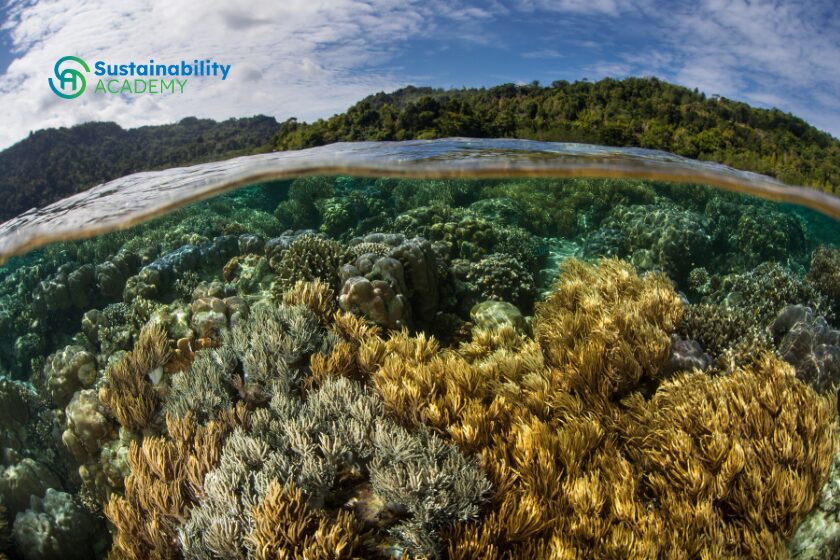The 16th Conference of the Parties (COP16) to the Convention on Biological Diversity (CBD) recently concluded in Cali, Colombia, marking a pivotal moment in global biodiversity conservation efforts. This summit brought together representatives from nearly 200 countries to address the accelerating loss of biodiversity and to implement the Kunming-Montreal Global Biodiversity Framework (GBF) established in 2022.
Key Outcomes of COP16:
- Financial Commitments for Biodiversity Conservation: A significant focus of COP16 was mobilizing financial resources to support biodiversity initiatives. While the Global Biodiversity Framework Fund was established to raise $200 billion annually, current contributions remain insufficient. Developed nations have pledged to increase financial aid for developing countries, but concerns persist about the adequacy and implementation of these commitments.
- Integration of Indigenous Knowledge: Recognizing the vital role of Indigenous communities in biodiversity conservation, COP16 emphasized their inclusion in decision-making processes. Approximately 2,000 Indigenous representatives participated, highlighting the importance of traditional knowledge in safeguarding ecosystems.
- Addressing Digital Sequence Information (DSI): Advancements in biotechnology have enabled the digital sequencing of genetic material, raising questions about benefit-sharing. Discussions at COP16 centered on establishing frameworks to ensure that benefits derived from DSI are equitably shared, particularly with countries of origin.
- Coral Reef Conservation Initiatives: An emergency session was convened to address the alarming rate of coral bleaching, with 77% of the world’s reefs affected. Nations, including New Zealand, the UK, Germany, and France, pledged $30 million to a UN fund aimed at coral reef conservation, underscoring the urgent need for global action.
Implications for Sustainability Professionals:
The outcomes of COP16 underscore the increasing importance of sustainability expertise across various sectors. Professionals equipped with knowledge in Environmental, Social, and Governance (ESG) reporting, carbon reduction strategies, and sustainable supply chain management are essential to drive the implementation of global biodiversity goals.
Enhancing Your Sustainability Credentials:
To align with the global momentum towards biodiversity conservation and sustainable development, consider advancing your expertise through specialized courses. The Sustainability Academy offers a range of certified online courses designed to equip professionals with the necessary skills:
- Online Certificate on Sustainability (ESG) Reporting: Gain comprehensive knowledge on ESG reporting guidelines, stakeholder engagement, and materiality assessment.
- Online Certificate on Carbon Reduction and Net Zero Strategies: Learn practical approaches to developing and implementing carbon reduction strategies to achieve net-zero emissions.
- Online Diploma on Sustainable Supply Chain Management: Understand how to integrate sustainable practices into supply chain operations, enhancing both environmental and economic performance.
By enrolling in these courses, you can position yourself at the forefront of sustainability initiatives, contributing effectively to the global efforts highlighted at COP16.

